When it comes to maintaining the health of the garden, many people automatically associate the presence of insects with the danger of pests. Although people tend to feel a certain rejection or apathy toward these animals, there is no need to rush to resort to insecticides. Throughout this article, you will learn everything about beneficial insects for the garden.
In fact, an insecticide should always be the last option, and as long as the crop is not in danger, sharing with nature can bring great benefits in the long run, especially when it comes to certain species. Insects that are beneficial to the garden are mainly classified into two types: those that act as predators of harmful insects, thus acting as natural pest control, and those that are pollinating insects, favoring the fertilization of the plants in our garden. The proper use of these allies has a great impact on crop health, keeping pests at bay and improving plant conditions without having to resort to chemicals. Do you want to learn more about beneficial insects for the vegetable garden? Join us in this article.
Table of Contents
Ladybugs
With over 4,000 species of ladybugs, this cute insect is one of the most well-known beneficial insects in the garden. It is important to learn to recognize ladybug eggs and larvae so as not to damage them, as these voracious predators are particularly adept at devouring and hunting pests such as aphids and mealybugs. They do no harm to the garden and, as larvae, will spend their year of life feeding on pests with a deceptively ferocious ferocity from the cheerful appearance of their shells. Learn more about Are ladybugs good for the garden?
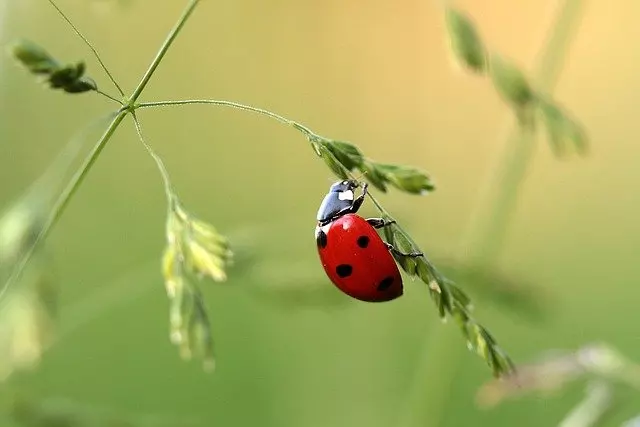
Beneficial Insects For Garden – Wasps
Wasps can be much more than a stinging hazard and a panic call for more than one. Depending on the species, they can act as pollinators or as pest control, being both predators of eggs and larvae and insects that parasitize their prey with their eggs. They are much less threatening than you might think and can be great allies against pests.
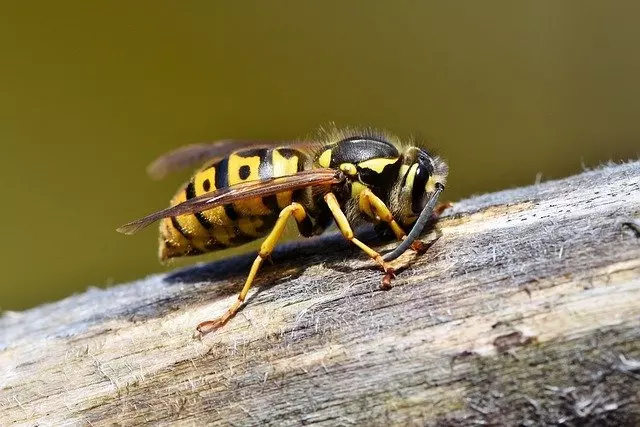
Mantis
The praying mantis is one of the largest predators in the insect world. Their slender bodies and quick, graceful movements make them easily recognizable and very conspicuous. Their great skill and size allow them to feed on all kinds of insects, from larvae to caterpillars, moths, and beetles.
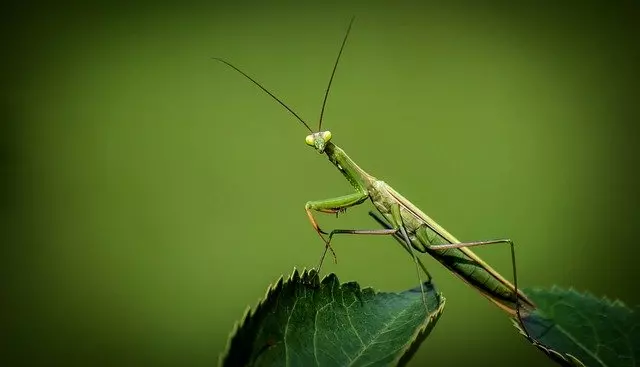
Beneficial Insects For Garden – Bed Bugs
Not all bed bugs are a danger to humans or pets: some feed exclusively on other insects or mites. The dreaded aphids and whiteflies are among their favorite prey, and they will eat adults, as well as their eggs and larvae, using their jaw shoe to feed.
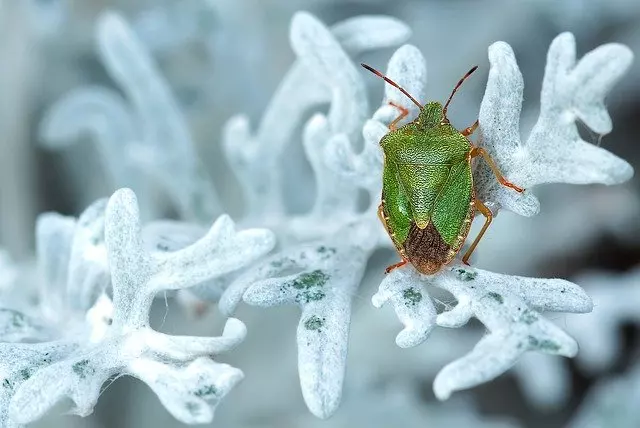
Garden Spiders
Species like the tiger spider or the wolf spider are not insects, but arachnids, but we include them as part of the group of “insects” that are good for the garden. These spiders are completely harmless to the plants in our garden, but not to the pests that dare to enter their domain. Some of them hunt using large webs, while others use only their agility and strength, but in any case, they are great allies of the crop. They should not be confused with the red spider mite, one of the most common pests, which is actually a mite.
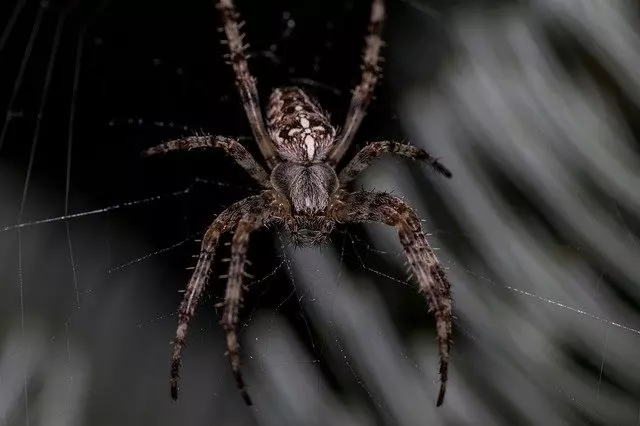
Beneficial Insects For Garden – Earwig
Also commonly called scissor bugs or leafcutters, this order of insects is very easy to recognize by the striking scissors that their bodies appear to have at the end of the body. They are one of the few insects that take care of their eggs after they are laid. In this case, however, the benefits of earwigs are relative, as they are insects that in some cases are omnivorous, which means that they can switch to feeding plants if they can’t find pests to devour. Thus, they are beneficial only in small numbers and can become a pest in their own right.
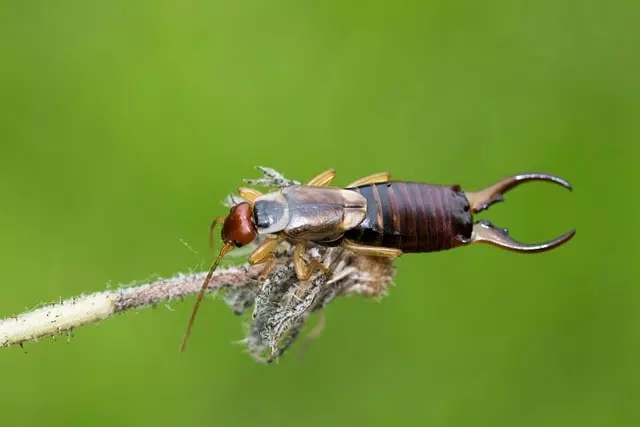
Dragonflies
These unique-looking flying insects feed on insects, locating their prey with their extraordinary eyesight. They feed mainly on flies and mosquitoes. They lay their eggs in water, where they live from a few weeks to several years, after which they live only a few days.
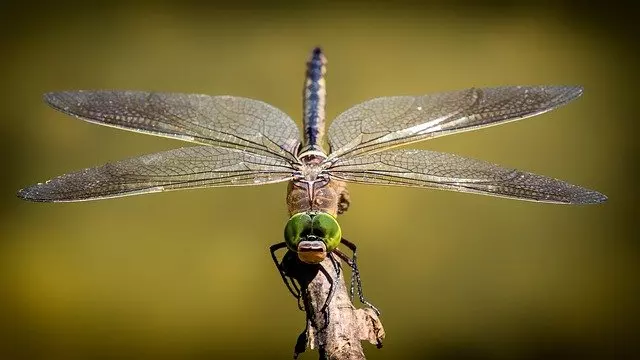
Beneficial Insects For Garden – Centipedes
Centipedes, like garden spiders, are highly effective and voracious predators for pest control, keeping the pest population under control in the garden. Learn more about garden centipede benefits in the garden.
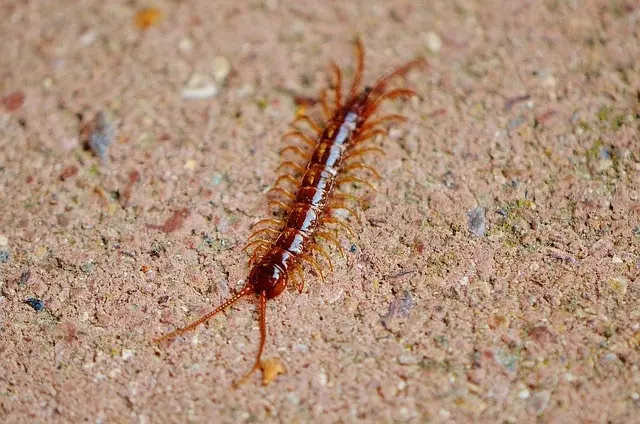
Lacewings
These small green insects with large wings are also excellent hunters of small pests such as spider mites, thrips, or mealybugs and should therefore be added to the list of beneficial insects for the vegetable garden, garden, or terrace with potted plants. Chrysalids are recognizable by their slender, thin bodies and antennae.
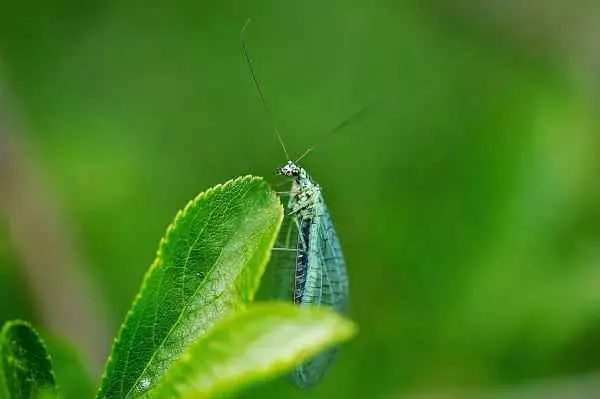
Beneficial Insects For Garden – Firefly
Best known for their bioluminescent abilities, fireflies are actually beetles whose larvae feed on all kinds of underground pests. As adults, they are much less voracious, feeding on pollen and nectar, and can act as pollinators.
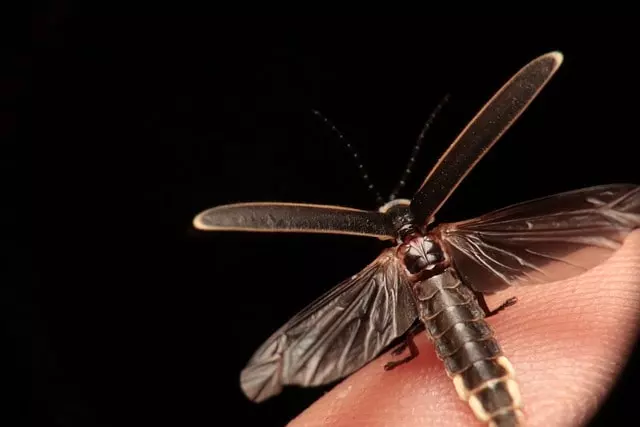
How to Attract Beneficial Insects to your Garden
The best way to attract these various beneficial species is to provide them with a suitable home. In most cases, it will be sufficient to form a hedge around the garden with plants that attract them, such as rosemary, chamomile, fennel, and basil. You can also make your own houses to distribute around the garden, which is very easy to do in cases such as ladybugs.
